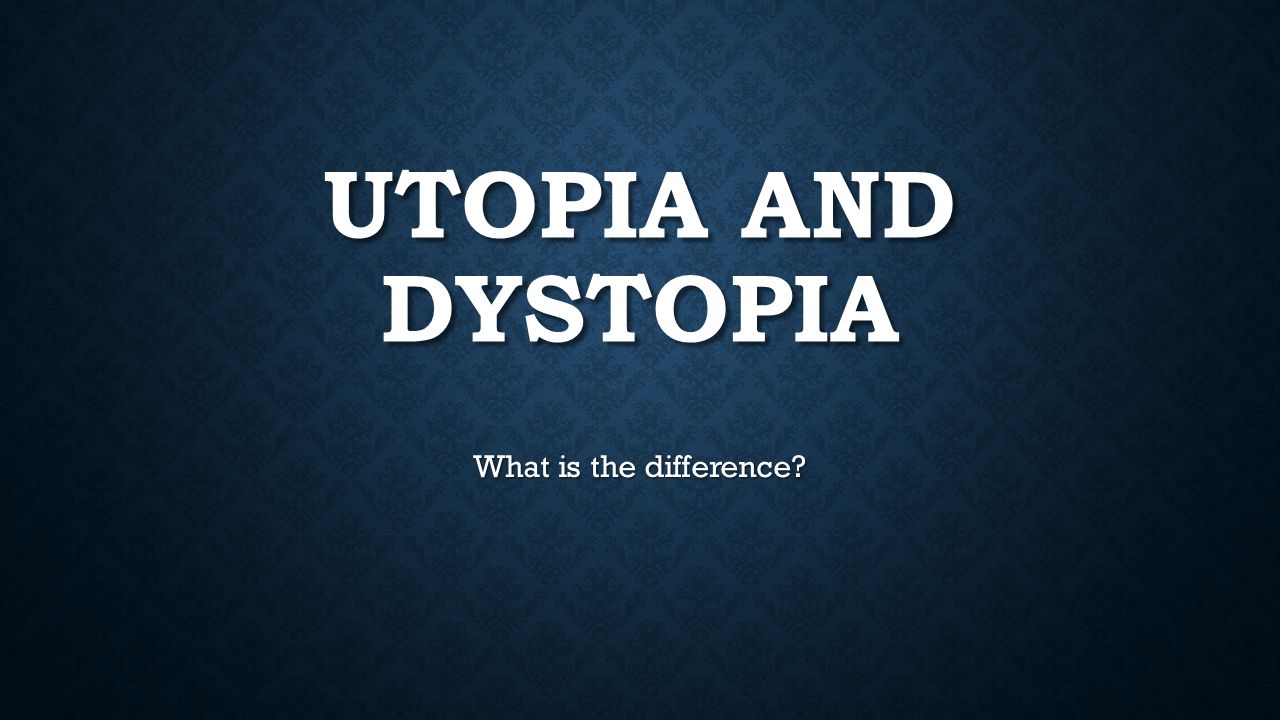Marx’s Utopia vs. Orwellian Dystopia
Analytical Essay

German philosopher Karl Marx, believed in utopian world or ideal society. He believed that an ideal society could be established when power was distributed equally in society. George Orwell, the author of 1984, wrote about how the world could be dystopian if power was in the hands of a ruling classes or bourgeoisie. In Orwell’s novel, The Party, a small minority, has absolute control in Oceania. Society in 1984 is completely different from what Marx wrote in the Communist Manifesto. These differences include how people manipulate and share power, and the class system that existed in both Marx’s predicted society and Oceania.
Marx believed that in an ideal society, people share power and economic benefit equally, while contrast with Oceanian society. He wanted wealth and power to be distributed equally. The rich and the poor should be sharing the same wealth and power. He had seen the wide gap between the rich and the poor and wealth that was shaped the classes in society, so he wanted his communist society to means that all source of productions are the benefit of all the worker . (Noesgaard, 146). The wealth in Oceanian society is simply under The Party’s control. O’Brien has more power than the proles, who suffer under The Party absolute control. The power that owned by The Party was shared equally only with the inner party members itself,but the outer party has very small power. On the same line, the proles were at the bottom line of Oceania and had no power at all. In Marx’s ideal world, people are equal and share resources. No one is higher than any other or has more wealth; that is not the way that communism work. His idea is that everyone will have access to the same power management, economic benefits, and other social needs. He knew that the absolute control of power and uneven distribution of wealth are key factors that hold society from evolving.
In Marx's ideology, people should take power through violence and revolution; instead The Party uses fear, lies, and thought police to prevent revolution and total control in Oceania. Throughout history dictators and oppressors perpetuated all type of violence to keep social classes. After a while people become to be discontent with this. Marx saw this and encouraged people to revolt, which he saw as the only way to get all the dictators out of their higher position. (Noesgaard, 145). On the other hand, The Party uses all types of tools to hinder revolution or any type of rebellion. They actually know that the people are going to go against them at some point, so they have thought police prepared. To prevent this, when people are the victims of the thought police “people simply disappear…you were abolished, annihilated: vaporized was the usual word.” (Orwell, 21). These police analyze people’s thoughts to determine whether they have committed “thoughtcrime” or revolutionary ideas. If they find that someone has it, they will be “evaporated”. There are also other tools such as fear that The Party use to prevent revolution and maintain power. Fear is the most common thing that The Party use to every victims of “thoughtcrime”. The person then get to face the scariest or “the worse thing in the world, varies from individual to individual….” (Orwell, 296)Another important tool is lies, where they create their own history to made people forget the past. They create Newspeak that rewrites everything about the past. This Newspeak made people lack of reference to refer to when they try to go against The Party. Based on the Communist Manifesto, Marx urged people to unite together because they will lose nothing, but their chain. When all workers form a big and strong unity, the classes system that constructed by the rich will break up leaving them to create a world of equality and peace.
Society in 1984 was divided into three separate classes based on power and wealth. Marx believed that society should be classless, non-religious, without control by the government at any circumstances. In Oceanian society, The Party has absolute power and there is only a small percent of population that are in this class. Society in 1984 can be represented by a pyramid. At the highest point is The Party and at the bottom are the proles that consist of 85% of the population in Oceania. The inner party still has the power, but they are still under the control of The Party. Marx believed in a classless society, meaning that no one is taking absolute power in society. He also believed that religious is a tool or weapon “used by the ruling class to justify the suffering of the poor as something inevitable and God-given.”(Noesgaard, 147). This illustrates that the religion is very important for the ruling class to keep the working class down. Marx’s key belief was that the struggle between classes is one of the main obstacles that hinder societal improvement. The main concern for The Party is power, so they created a class system to make people struggle under all the way around.
Marx’s Communist Manifesto and Orwell’s 1984 is a contradiction: what was practice in Oceanian society is not what Marx wanted communist society to be. Unless The Party is overthrow, so that the proles could be equal in power and share the same wealth, the society of Oceania will remain a complete absolute ruling society.
Bibliography:
"Marx/Engels Library." Marx/Engels Library. N.p., n.d. Web. 04 Dec. 2015.
Marx, K. and Engels F., The Communist Manifesto. New York Labor News: New York, 2015.
Noesgaard, D. (Ed.), Understandings of Ideologies. Oxford University Press: Oxford, 2009.
Orwell, G., 1984.Penguin Books: London, 1949.
Congratulations @cheasorall47! You received a personal award!
You can view your badges on your Steem Board and compare to others on the Steem Ranking
Do not miss the last post from @steemitboard:
Vote for @Steemitboard as a witness to get one more award and increased upvotes!